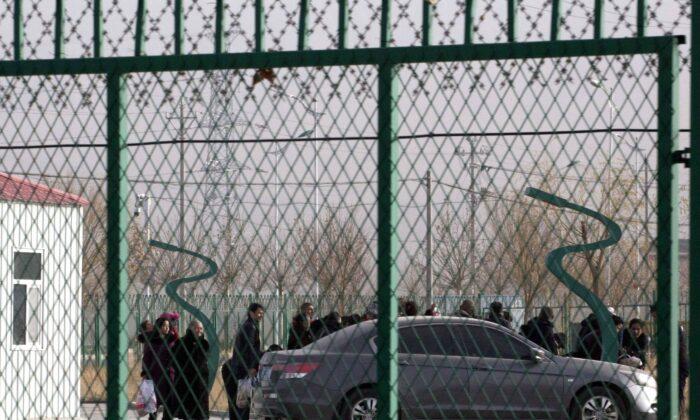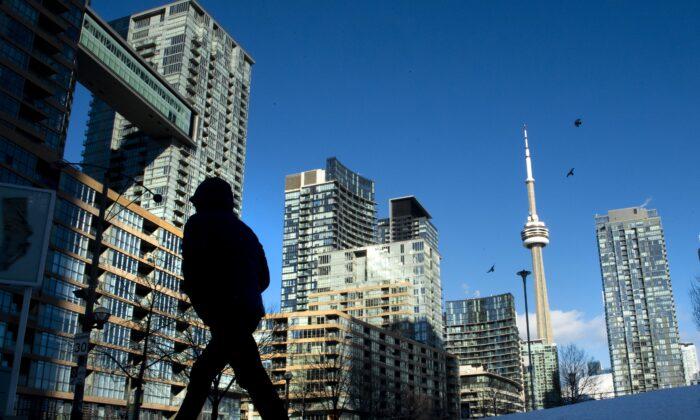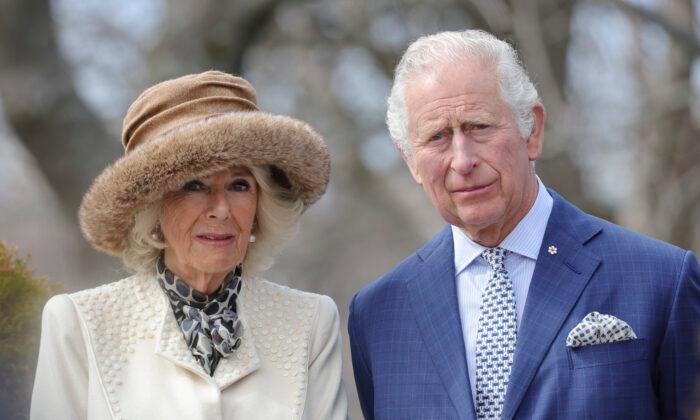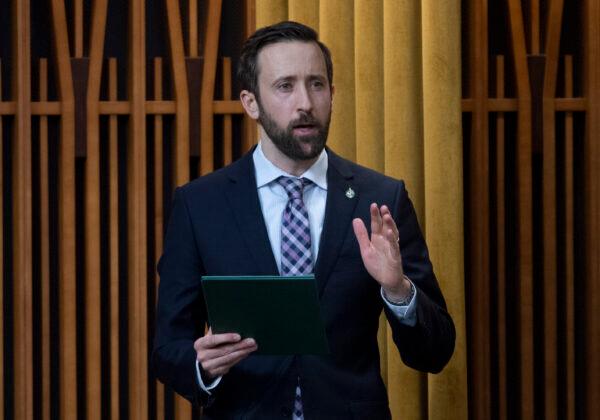The letter (among whose signatories are 13 Canadian MPs and six senators) cites the Chinese regime’s aggressive co-opting of international institutions for its own ends and escalating belligerence toward it neighbours, such as Taiwan and India.
Coinciding with Holocaust Remembrance Day and pertinent to ongoing debates in Canada about the matter, the letter also stresses the need to hold the People’s Republic of China (PRC) to account for its campaign of repression against the Uyghur population in Xinjiang—deemed a genocide by both the Trump and Biden administrations.
Pointing to the the vile treatment of the Uyghurs, including internment, food deprivation, forced indoctrination, torture, and denial of basic religious freedom, the letter advises that such plain violations of human rights “demand a collective response by the G7 countries to hold the PRC accountable for its treatment of ethnic and religious minorities.”
This is the right approach to confronting Beijing on its perpetration of what has been called a 21st-century holocaust. In Ottawa, however, the reluctance to recognize the true reality of the situation has been excruciating. The government’s conduct when it comes to China makes one wonder if we will ever get anything that resembles clarity.
Asked several times recently to acknowledge the judgments of both the Trump and Biden administrations that the Chinese Communist Party’s actions against Uyghurs constitute genocide, Foreign Affairs Minister Marc Garneau and Prime Minister Justin Trudeau both equivocated.
On Jan. 27, Trudeau responded to similar questions from Conservative human rights shadow minister Garnett Genuis with vacuous assurances of the government’s “deep concern” over the situation, and that the government takes the accusations of genocide seriously and are going through a process to determine its official position.
This is quixotic to the extreme and shows a Canada painfully hesitant to take a stance on something of this magnitude. The idea there is even a scintilla of possibility that the CCP will allow “impartial agents” access to Xinjiang for an investigation doesn’t compute with reality. To gauge this, one only need observe the regime’s responses in early January to the accusations of genocide, which included its peddling of diabolical “research” positing that its policies including forced sterilization have helped “emancipate” Uyghur women from gender norms, and other reports attesting to the ostensible happiness of those living in Xinjiang.
The basic fact that the CCP sees everything as a launchpad for propaganda, in addition to all the evidence that has been gathered over the last year—from videos to interviews to the work of parliamentary subcommittees—should indicate that such an investigation will 1) never be undertaken and 2) isn’t needed.
Besides Canada, there are other countries still being pressured to make a declaration that China is committing genocide against the Uyghur population, including the United Kingdom and Australia, but the statements and criticisms their officials have released in recent times on Beijing’s conduct have at least been much more clear-eyed and forceful than anything to come from Ottawa.
Ottawa’s reticence serves as yet another testament to the success of hostage diplomacy. The government has allowed itself to be caught in a bind by the leverage the CCP now has with the two captured Michaels. Though the prime minister resisted pressure when prominent Canadians wrote him a letter advocating for a release of Meng Wangzhou to do a prisoner swap, there still hasn’t been a discernible effort to move foreign policy away from the establishment optimism about China to fit the current challenges.
This has proved prescient, as can be seen in how the established dynamic has hindered Canada’s ability to have an influential role in the response to Beijing’s wretched crimes.





